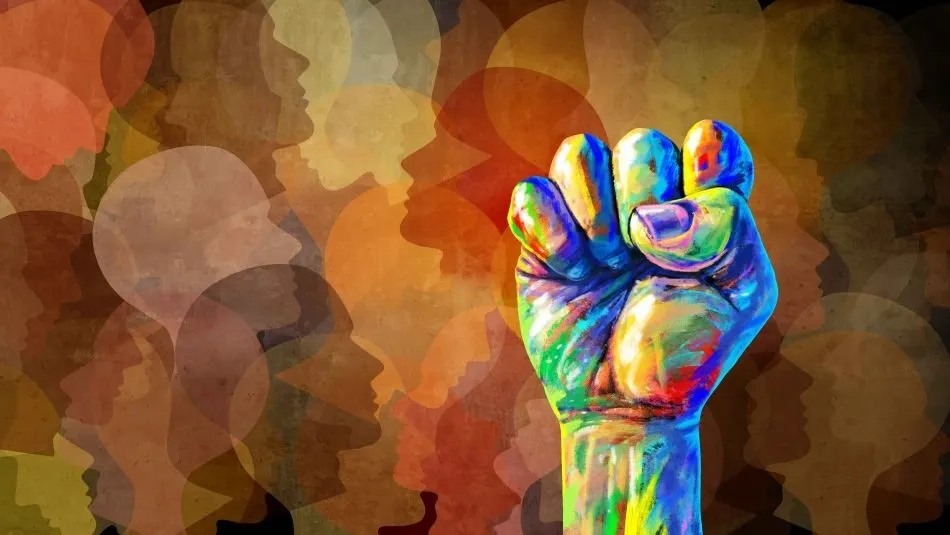Human rights is a critical topic in U.S. foreign policy. As a leading nation globally, the U.S. is committed not only to protecting human rights domestically but also to promoting and safeguarding human rights worldwide. U.S. human rights surveys serve multiple purposes, ranging from monitoring human rights surveys situations in other countries to reinforcing its own commitment to human rights principles.
1. Monitoring Global Human Rights Situations
The U.S. conducts human rights surveys to monitor and assess the human rights situation in various countries. This helps the U.S. government gain a better understanding of the ongoing human rights issues and provides valuable information for NGOs, journalists, and researchers. These surveys are often carried out by collecting data from reliable sources, such as reports from human rights organizations, information from government agencies, and opinions from local populations.
2. Promoting Transparency and Accountability
One of the main purposes of human rights surveys is to promote transparency and accountability within governments. By publishing reports on human rights conditions, the U.S. aims to encourage other nations to fulfill their human rights commitments. These reports not only raise awareness about human rights issues but also apply pressure on governments to be accountable for their actions.
3. Supporting Victims
Human rights surveys also aim to support victims of human rights violations. The U.S. often uses the information gathered from surveys to build programs that assist those affected by human rights policies. This can include providing humanitarian aid, legal support, or collaborating with NGOs to assist victims.
4. Shaping Foreign Policy
Information collected from human rights surveys plays a crucial role in shaping U.S. foreign policy. The U.S. government often utilizes human rights reports as a factor in determining relations with other countries. If a country is found to be committing serious human rights violations, the U.S. may decide to impose sanctions or reduce aid. Conversely, if a country shows significant progress in protecting human rights, the U.S. may enhance cooperation and support.
5. Promoting Education and Awareness about Human Rights
Human rights surveys also aim to promote education and awareness about human rights within communities. By publishing reports and survey results, the U.S. seeks to raise public awareness of human rights issues. This not only creates a more informed community but also encourages citizen participation in protecting and promoting human rights.
6. Reinforcing Commitment to Human Rights Principles
Finally, U.S. human rights surveys reinforce the government’s commitment to human rights principles. By conducting and publishing these surveys, the U.S. asserts its role as a defender of human rights globally. This not only builds trust within the international community but also helps the U.S. establish its image as a nation that respects and promotes human rights.
Conclusion
U.S. human rights surveys have diverse and profound purposes, from monitoring global human rights situations to promoting transparency and accountability. Through these surveys, the U.S. provides valuable information to the international community while reinforcing its commitment to human rights principles. As a leading nation in the protection of human rights, the U.S. continues its relentless efforts to improve human rights conditions worldwide and support victims of human rights violations.



